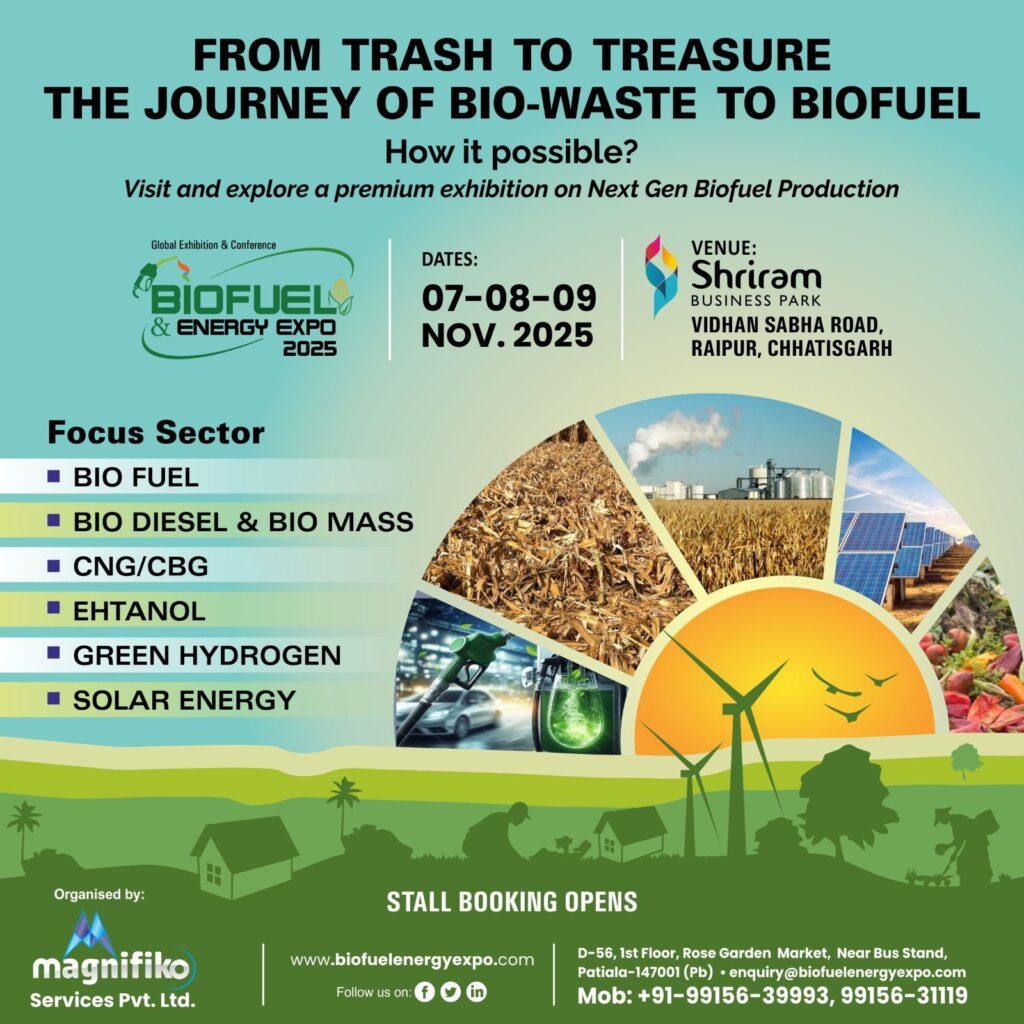Thailand’s new biofuel roadmap: SAF mandate, E20/B7 focus
Thailand is entering a critical new era of Energy Transition under the framework of the National Energy Plan (NEP 2024), with the transport sector, which accounts for the largest share of final energy consumption at 40.5%, at the core of the reform.
The Department of Alternative Energy Development and Efficiency (DEDE) is preparing to mandate the use of Sustainable Aviation Fuel (SAF), starting at 1% on January 1, 2026, and increasing the proportion to 8% by 2036.
This is to drive the aviation industry in line with ICAO-CORSIA measures, the country’s 2050 Carbon Neutrality goal, and its 2065 Net Zero target.
Green Aviation: An Unavoidable Global Commitment
Sutharee Kiatman, Head of the Academic Group at the Bureau of Biofuel Development, stated that the use of SAF is key to decarbonising the aviation sector, in accordance with international obligations ICAO-CORSIA.
Under the Alternative Energy Development Plan (AEDP 2024), the target for SAF use in 2037 is set at 675 million litres, or 1.85 million litres per day (MLPD) of Neat SAF.
The Thai Private Sector Responds Rapidly
Investment in Production Plants: Bangchak (BCP) is constructing Thailand’s first SAF production plant, with an initial capacity of 1 MLPD, primarily using used cooking oil (UCO) as the feedstock.

Feedstock Readiness: Thailand has diverse feedstock readiness for SAF production, including HEFA (Hydroprocessed Esters and Fatty Acids) types such as UCO and crude/refined palm oil (CPO/PFAD/CSPO), and ATJ (Alcohol-to-Jet) types, which use ethanol from molasses, sugarcane, or cassava.
Pilot Usage: Oil and Retail Business (OR) and Bangkok Airways have jointly launched a pilot project for the first commercial flight using domestically produced SAF.
Restructuring Road Fuel: The New Era of E20 and B7
While aviation is transitioning to the SAF era, the road transport sector is undergoing a major fuel restructuring due to the promotion of Electric Vehicles (EVs), which is reducing demand for conventional fuels.
Fuel Type Reduction: The future direction is to reduce the number of fuel types in the road transport sector to lower management costs.
New Main Fuel: The future main fuels will transition to Gasohol E20 and Biodiesel B7.
Phased-Out Fuels: Older fuel types such as Gasohol 91 (GSH91), Gasohol 95 (GSH95), and E85 will be gradually phased out, with full discontinuation expected by 2027.
The Golden Opportunity for “Ethanol”: Converting Surplus to SAF Export
The adjustment of road fuel targets, including the discontinuation of certain fuel types, is resulting in a surplus of ethanol from existing production capacity.
Production Surplus: Thailand has 28 ethanol plants with a total capacity of 6.92 MLPD, while road consumption in 2024 is around 3.43 MLPD, leading to an ethanol surplus of over 50%.
Value-Added Creation: DEDE therefore has a policy to promote Value-Added Businesses utilising the available ethanol.
Export Opportunity: Since ATJ technology allows ethanol to be converted into SAF (requiring approximately 1.7 tonnes of ethanol per 1 tonne of SAF), this surplus ethanol presents a significant opportunity for export and meeting domestic SAF demand.
Although the private sector must rapidly adapt in terms of both Energy Efficiency (EE) and Renewable Energy (RE) for business survival, continuous government support and promotion are the crucial factors for Thailand to successfully achieve a sustainable energy transition.
This article has been republished from The Nation Thailand.

